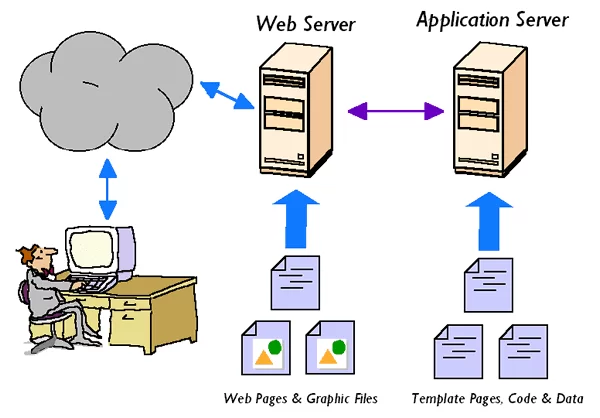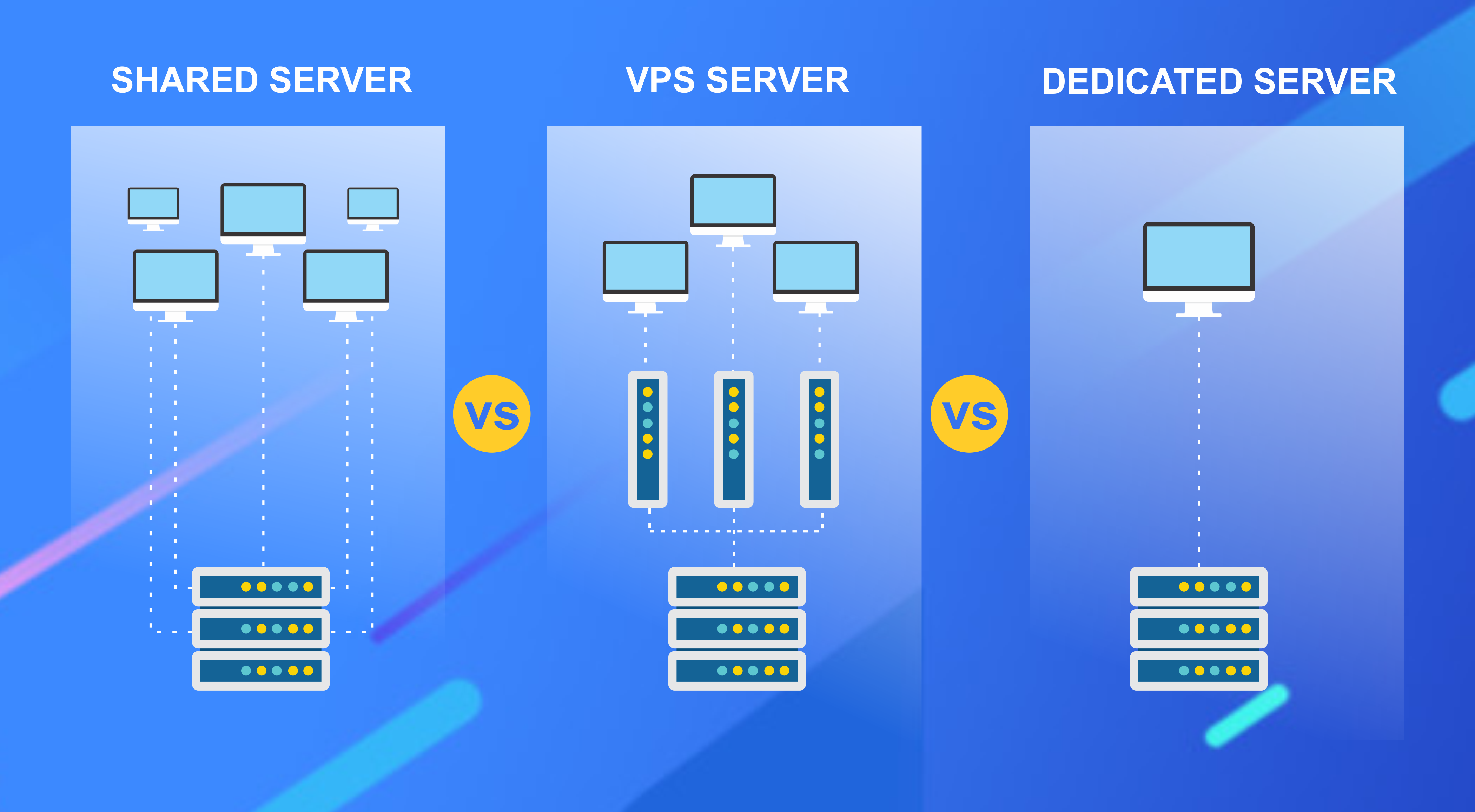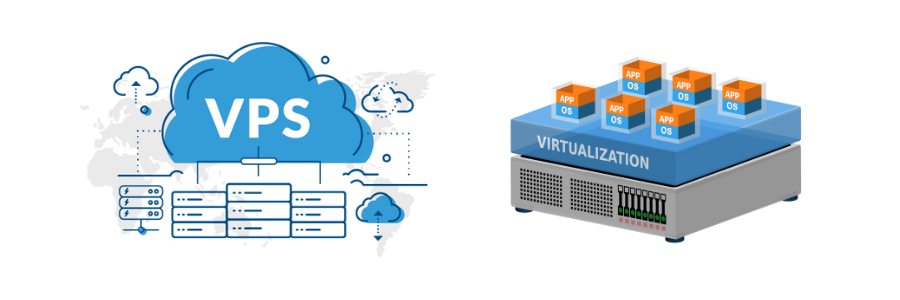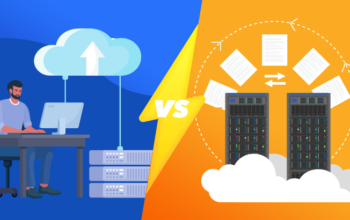In the world of web hosting, one of the best options for better performance, security, and flexibility is Virtual Private Server (VPS). If you’re looking for a solution more powerful than shared hosting but more affordable than a dedicated server, VPS is the perfect choice. This article explains what VPS is, how it works, and why it’s often a better option compared to other hosting solutions.
What is a Virtual Private Server (VPS)?
A Virtual Private Server (VPS) is a hosting service that provides more control, resources, and flexibility than shared hosting. It uses virtualization technology to divide a physical server into several isolated virtual servers, each with its own system, CPU, RAM, and storage. This setup allows for better performance, security, and customization.
VPS vs Other Hosting:
- Shared Hosting: Multiple websites share resources on the same server, which can affect performance if one site experiences high traffic.
- Dedicated Server: Provides full control of an entire physical server, ideal for large websites but at a high cost.
- VPS: Offers a balance between cost and performance by providing dedicated resources in a virtualized environment.
How Does VPS Work?

VPS works by dividing a physical server into several virtual servers using virtualization software. Each virtual server operates independently with its own resources.
Key Features:
- Hypervisor: Manages resource allocation to each VPS, ensuring that they function independently without affecting each other.
- Root Access: You get full control over your VPS, allowing you to install software, configure security, and customize settings.
Benefits of VPS
Here are some of the main benefits of choosing a VPS:
a. Better Performance:
VPS offers dedicated resources, so your website won’t be impacted by other sites on the same server. This results in faster and more stable performance than shared hosting.
b. Full Control:
With root access, you have complete control over your VPS. You can install software, configure server settings, and make changes as needed.

c. Scalability:
As your website grows, you can easily increase resources like RAM, CPU, and storage without having to migrate to a new server.
d. Improved Security:
VPS is isolated from other virtual servers, providing better security than shared hosting. You can also implement custom security measures like firewalls and backups.
e. Cost-Effective:
VPS offers a good balance of control and performance at a much lower cost than a dedicated server, making it a great option for growing businesses.
When is VPS Better Than Shared Hosting or Dedicated Server?
VPS is ideal in the following situations:
VPS vs Shared Hosting:
- Shared Hosting is best for small websites or blogs with low traffic. If your website is growing and requires more control or resources, VPS will be a better choice with better performance and isolation.

VPS vs Dedicated Server:
- Dedicated Server provides full control over a physical server, but it’s expensive. If you don’t need the entire server and want more control than shared hosting, VPS offers a good balance between cost and performance.
Types of VPS
There are two main types of VPS:
a. Managed VPS:
The hosting provider manages the server for you, including software updates and security. This is ideal for those who don’t want to handle server management.

b. Unmanaged VPS:
You manage the server yourself, including the operating system, software installations, and configuration. This option is best for those with technical expertise.
Things to Consider Before Choosing VPS
Before choosing VPS, consider the following:
- Resource Needs: Determine how much CPU, RAM, and storage your website needs.
- Security: Ensure the VPS has strong security features, such as firewalls and backups.
- Server Location: Choose a provider with servers close to your target audience for faster access speeds.
- Support: Look for a provider with 24/7 customer support in case issues arise.
VPS is a great option if you need more control, security, and performance than shared hosting, but at a more affordable price than dedicated servers. With VPS, you get a virtual server with dedicated resources that can scale with your business. It’s an excellent choice for websites that need more resources and flexibility as they grow.

FAQ
Q: Is VPS suitable for small websites?
- If your website is small and doesn’t need a lot of resources, shared hosting might still be enough. However, for growing sites, VPS provides better performance and control.
Q: What’s the difference between VPS and a dedicated server?
- VPS gives you control over a virtualized server with shared physical resources, while a dedicated server provides full control over an entire physical server. VPS is more affordable and suitable for growing websites, while dedicated servers are ideal for very high-traffic sites.
















